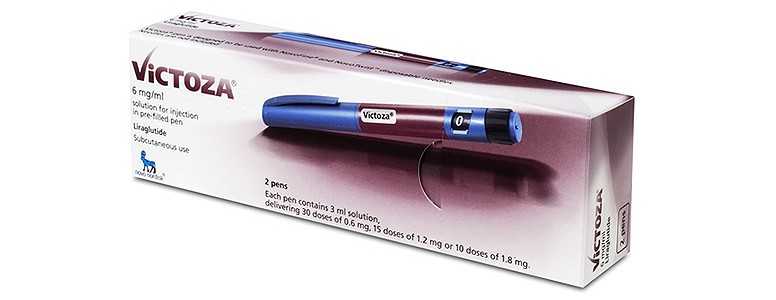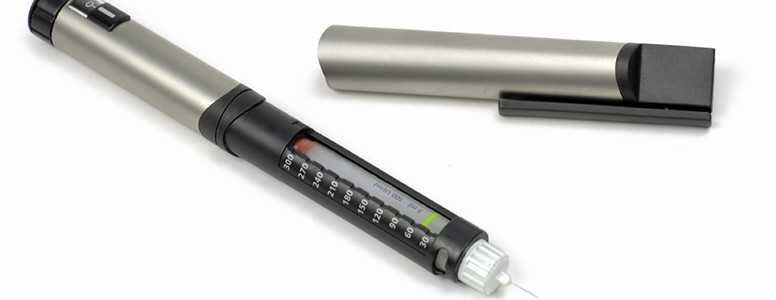The diabetes drug Victoza (liraglutide) enhances weight loss and can reduce insulin dosage in people with type 1 diabetes, but it does not improve HbA1c levels, according to new research.
The study, conducted by researchers at the University of Copenhage, examined the data of 40 adults with type 1 diabetes, all of whom had HbA1c levels higher than 63.9mmol/mol (eight per cent.) The participants were aged between 18 and 70, and were all of a normal weight.
The participants were equally split into two groups: the first group received once-daily treatment with 1.2mg of Victoza; the other group received a placebo. The study lasted for 12 weeks, and 18 participants from each group completed it.
At the beginning and end of the study, the participants were assessed using continuous glucose monitoring. The two groups had similar HbA1c levels before the study – 72.7mmol/mol (8.8 per cent) in the Victoza group, and 71.6mmol/mol (8.7 per cent) in the placebo group.
Over the course of the 12-week study, the average drop in HbA1c levels in the Victoza group was 0.6 per cent. In the placebo group, HbA1c levels dropped by an average of 0.5 per cent. Decreases in body weight were more significant in the Victoza group than the placebo group – a reduction of 3.13kg compared to 1.12kg.
There was a significant reduction in bolus insulin for the Victoza group compared to the placebo group. The participants given Victoza saw a drop in bolus insulin levels of 27.4 IU/day to 23.6 IU/day. The placebo group saw no change in bolus insulin dosage.
Other minor effects of Victoza were increased heart rate, a greater prevalence of gastrointestinal side effects and a decrease in mean systolic blood pressure. There was no difference in incidences of hypoglycemia between the two groups.
“In conclusio, liraglutide 1.2mg once daily as an add-on to insulin treatment in normal-weight, poorly controlled patients with type 1 diabetes, without endogenous insulin secretio, has no significant effect on HbA1c, a minor but significant effect on the dose of bolus insulin, and induces a significant reduction in body weight with an incidence of hypoglycemia similar to placebo,” the researchers wrote.
The findings are published in Diabetes Care.
What's new on the forum? ⭐️
Get our free newsletters
Stay up to date with the latest news, research and breakthroughs.








